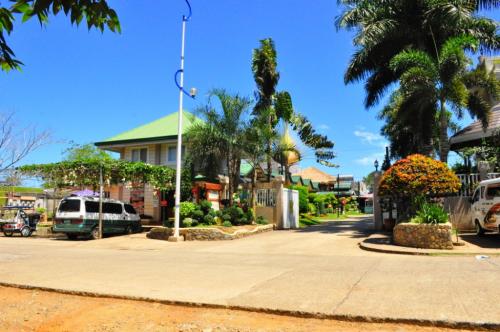The land from Punta Inuod to Guinabihan, Banilan is where the first settlers Gat Maitan and his wife Panumbalihan, and Gat Silayan Maginto and his wife Potongan first established themselves. After a series of raids by pirates and Marauders, they moved to the present site of the Poblacion, leaving behind, Chief Maginoong Dalaga, who ruled the place. This accounts why Pakil has two territories on the eastern and western sides of the lake.
When the Spaniards came to the place in 1571, this colony was under the leadership of Gat Paquil whose name was used to name the settlement as "Paquil", which remained during the whole Spanish Regime and early part of the American period. It was changed to "Pakil" by Executive Order No. 77 in 1927.
In 1602, Pakil was attached to Paete as a "Visita". Padre Francisco Barajas, exerted efforts to separate this town from Paete, and Don Diego Jorge became the first Capitan Barangay on May 12, 1676.
Pakil was named as an independent town during the Spanish regime with the Capitan at the helm of the local government, the last of whom was Capitan Nicolas Regalado.
With the change of government from Spanish to American, and the organization of the Civil Government in the country in 1901, Bernardo Gonzales was appointed the first Municipal President until November 25, 1903, and by Public Law No. 1009, Pakil was fused with Pangil. On October 1, 1927, by virtue of Executive Order No. 77, Pakil was restored to being a separate town.
In 1942, the Japanese troops occupied in Pakil, Laguna.
In 1945, the liberated from the Philippine Commonwealth forces entering in Pakil, Laguna with the Filipino guerrillas against the Japanese forces during the Second World War.
Turumba Festival
The Festival held every year on the Friday (Biyernes de Dolores) before Palm Sunday, the townpeople of Pakil start seven consecutive novenae to commemorate the seven sorrows of the Blessed Virgin.
Source:
